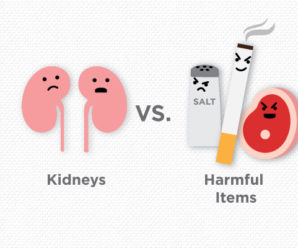 By Dr. Shereif Rezkalla, cardiology
By Dr. Shereif Rezkalla, cardiology
I hear this question often, so I have researched the subject.
The short answer is that four to five alcoholic drinks per week can actually benefit your cardiovascular system. We are not sure why, but studies have consistently shown that in most people, moderate alcohol consumption raises their HDL or “good” cholesterol levels.
Those who prefer not to drink alcohol may realize some benefit from drinking red grape juice.
On the other hand, heavy drinking, which means more than two alcoholic drinks per day, is a very bad idea for a number of health reasons. It is linked to higher death rates, high blood pressure, cancer and various heart conditions.
I also realize that drinking alcohol in excess is a serious problem in our society. It is often linked to domestic violence and criminal behavior. And, of course, drunken driving is a major killer. But as a cardiologist, I am limited to what I observe in my practice and my research.
How much is too much?
The research shows the optimal frequency to drink alcoholic beverages for health benefits is four drink servings per week, spread out over the week and not consumed at the same time.
A serving is considered a four-ounce glass of wine, a 1.5-ounce shot of 80-proof spirits or a 12-ounce bottle of beer. Each contains one-half ounce of alcohol.
It doesn’t seem to matter whether it’s beer, alcohol or wine. Some studies suggest a slightly higher benefit from red wine, perhaps because it contains antioxidants.
Women may have slightly less tolerance than men, and their risk of breast cancer increases. The risk is tied to the amount of alcohol consumed, according to the American Cancer Society.
Nobody should exceed one alcoholic drink per day.
Even people with coronary artery disease, or narrowed blood vessels due to plaque build-up, can benefit from modest amounts of alcohol.
Remember that the amount of alcohol in a drink can vary and that terms such as light, moderate and heavy drinking may have different meanings to different people. Use the serving sizes listed above.
In addition, every person is different and may react differently to alcohol. If you have questions or concerns, discuss them with your personal physician.







Leave a Reply